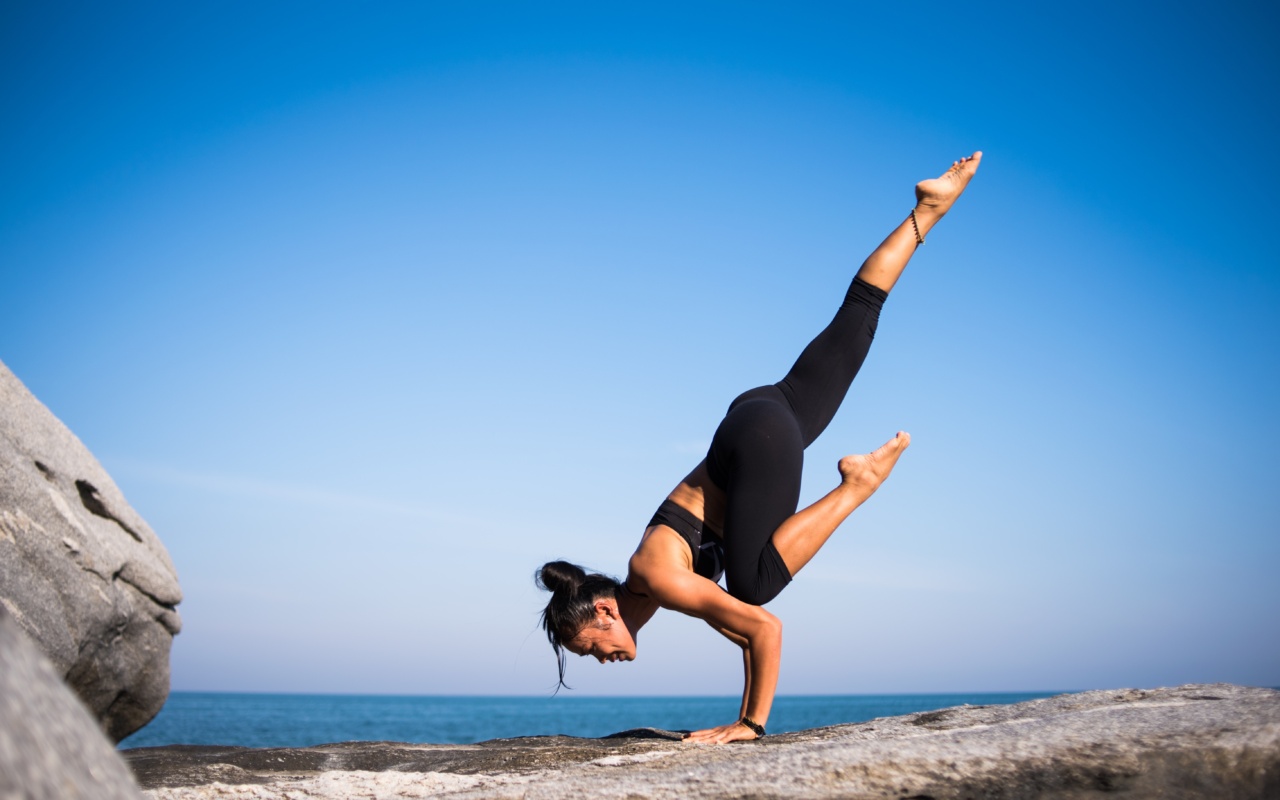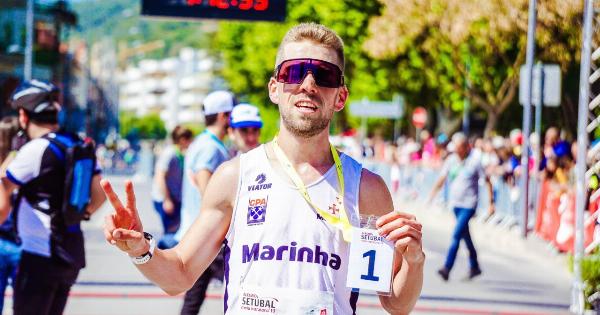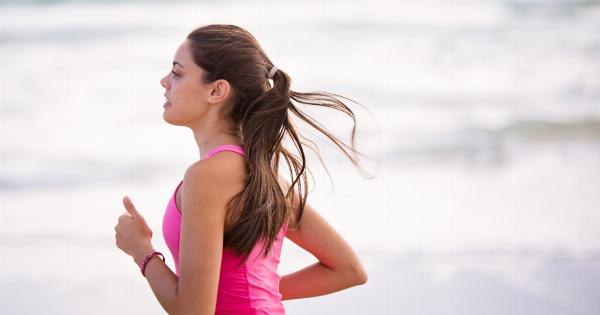Summer exercise is a great way to stay fit and healthy, but in the hot weather, it’s essential to ensure that you’re staying hydrated and nourished to avoid fatigue, exhaustion, and heatstroke.
Here’s how you can maintain your energy levels and stay nourished during exercise in the summer.
1. Start your day with a healthy meal
Before you begin exercise, it’s essential to fuel up with a healthy meal consisting of complex carbs, proteins, and healthy fats. This will provide you with the necessary energy to power through your workout.
Choose foods such as oatmeal, bananas, eggs, almond butter, and Greek yogurt.
2. Staying hydrated is key
Summer heat can quickly lead to dehydration, which can cause fatigue, headaches, and cramps.
During exercise, drink water at regular intervals to quench your thirst, and consider consuming water-rich foods such as watermelon, cucumbers, and oranges to provide some extra hydration.
3. Consider sports drinks
Sports drinks contain electrolytes, which are essential for maintaining body fluids and regulating blood pressure. When you sweat, you also lose essential electrolytes such as sodium, potassium, and magnesium.
Therefore, consuming sports drinks during exercise can help replenish these electrolytes and maintain your hydration levels.
4. Fuel up during extended exercise sessions
If you’re planning an extended exercise session, ensure that you’re fueling up every 30 to 60 minutes with healthy snacks like energy bars, fruits, or trail mix.
These snacks will provide you with the necessary energy to maintain your endurance and help you avoid blood sugar drops.
5. Timing is everything
Midday workouts under the scorching sun may seem appealing to some, but it’s essential to avoid strenuous activity during the hottest times of the day.
Instead, schedule your exercise sessions during the cooler mornings or evenings to prevent dehydration and heat exhaustion.
6. Dress appropriately
Wear breathable and lightweight fabrics such as cotton and avoid heavy material that can cause you to become overheated quickly.
Additionally, wearing a hat can reduce the sun’s impact on your head and face, and a pair of sunglasses can protect your eyes from the harmful UV rays of the sun.
7. Listen to your body
Most importantly, listen to your body when engaging in summer exercise. If you feel symptoms like dizziness, lightheadedness, nausea, or a headache, stop exercising immediately, and find a shaded area to rest and rehydrate.
Additionally, if you have any medical conditions, speak with your doctor before engaging in outdoor activities.
8. Cooling down after exercise
Once your workout session is over, it’s crucial to cool down properly. Continue to drink fluids to replace lost fluids and avoid the heat. Take a cool shower or bath, apply ice to your neck, or seek AC to help regulate your body temperature properly.
9. Proper post-exercise nutrition
Finally, replenish your body with a good post-workout meal consisting of protein and carbs. Ideally, aim to eat within 15 to 30 minutes of concluding your exercise session.
This can be a protein shake, a smoothie, or a meal consisting of lean protein and complex carbs.
Conclusion
Summer exercise can be a great way to stay active and healthy, but it’s essential to ensure that you’re properly nourished and hydrated to avoid any adverse effects.
By following the tips outlined above, you can ensure you’re maintaining your energy levels, avoiding exhaustion, and getting the most out of your summer workouts.





























